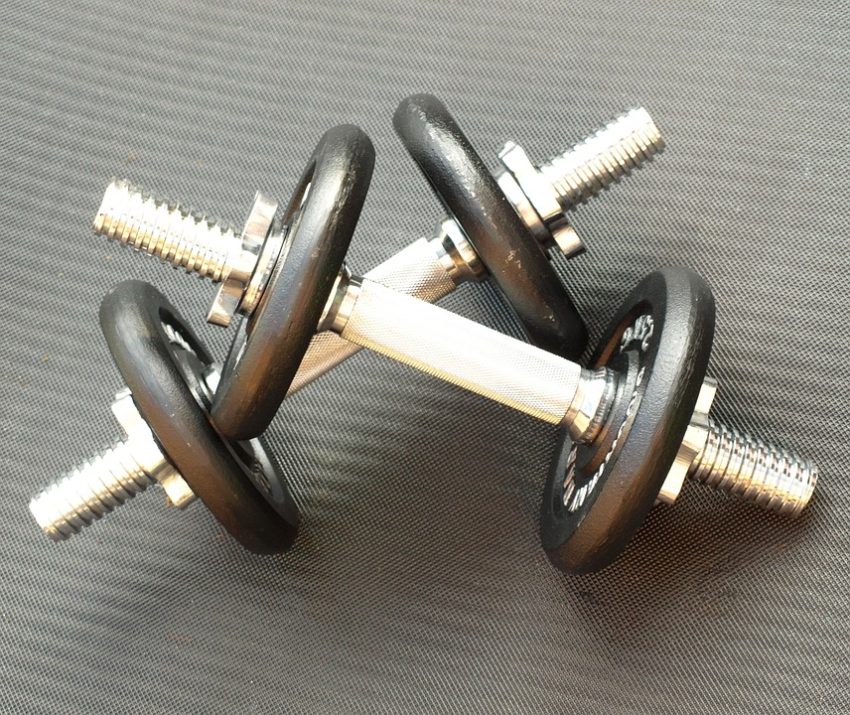

Losing weight is a goal that many people strive for, but it’s not as simple as just eating less and exercising more. While diet and exercise are important components of weight loss, there are many other factors that play a role in how our bodies lose weight. The science of losing weight is complex and there are many moving parts that all work together to help you shed those extra pounds.
One important factor to consider when trying to lose weight is your metabolism. Metabolism is the process by which your body converts food into energy. A higher metabolism means that your body burns more calories at rest, which can help with weight loss. There are many factors that can influence your metabolism, including age, gender, genetics, and muscle mass. By incorporating strength training into your exercise routine, you can help boost your metabolism and burn more calories throughout the day.
Another important factor in weight loss is hormones. Hormones play a crucial role in our bodies’ ability to lose weight. For example, insulin is a hormone that helps regulate blood sugar levels and can impact how our bodies store and burn fat. Cortisol is another hormone that can affect weight loss, as high levels of cortisol can lead to increased appetite and cravings for unhealthy foods. By managing stress levels, getting enough sleep, and eating a balanced diet, you can help regulate your hormones and support weight loss.
In addition to metabolism and hormones, our gut health also plays a role in weight loss. The gut microbiome is a complex ecosystem of bacteria that live in our digestive tract and can influence our metabolism and weight. Research has shown that the types of bacteria in our gut can impact how our bodies process food and store fat. By eating a diet rich in fiber, probiotics, and prebiotics, you can help support a healthy gut microbiome and improve weight loss efforts.
Lastly, mindset and behavior are important factors to consider when trying to lose weight. Our attitudes towards food, exercise, and our bodies can impact our ability to reach our weight loss goals. Negative self-talk, emotional eating, and disordered eating habits can all sabotage our efforts to lose weight. By practicing mindfulness, setting realistic goals, and seeking support from friends, family, or a therapist, you can cultivate a healthier mindset and build sustainable habits for long-term weight loss success.
In conclusion, losing weight is not just about diet and exercise. The science of weight loss is multi-faceted and involves metabolism, hormones, gut health, and mindset. By taking a holistic approach to weight loss and addressing these various factors, you can support your body’s natural ability to shed unwanted pounds and achieve a healthier, happier you.






